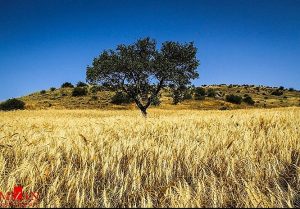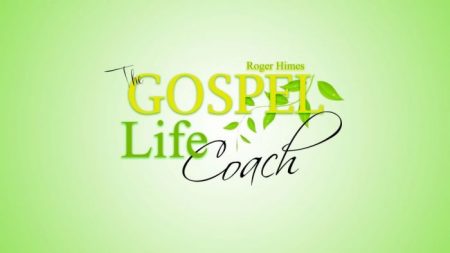2. The Parable of the Wheat and the Weeds
The Wheat and the Weeds
Only in Matthew 13:24-30
–
What Jesus does here in the Parable of the Wheat and the Weeds is to compare those who live by the gospel truth he came to bring us, with those who do not choose to live by it, but simply adopt any thinking that sounds good to them. Paul calls these other theories and theologies as ones that ‘tickle our ears.’ He also refers to it as ‘the wisdom of man.’ Man’s wisdom can be a very dangerous thing.
–
When we commit ourselves to believe and live the gospel as he tells us to, then he sees us as being like WHEAT in his garden. Anything else we grow in our lives besides the gospel he calls WEEDS (some bibles call them ‘tares’).

So the gospel is God’s WHEAT, but everything else is WEEDS. Thus this is called “The Parable of the Wheat and the Weeds. These weeds consist of false beliefs, wrong assumptions and incorrect perceptions. They are sown into us by what Paul calls ‘10,000 instructors in Christ,’ as opposed to ‘fathers of the gospel’ (I Cor 4:15). 
–
Elsewhere, Paul says non-gospel preachers don’t have a clue what they are preaching or talking about, even though they sound very confident in what they say (I Tim 1:7). He also says they preach a doctrine of demons (I Tim 4:1), and they should be cursed if they do not preach the gospel (Gal 1:8-9).
“Blessed are the feet of them who preach the gospel of peace” (Rom 10:15).
–
The message of Jesus here is that we must be cautious of everything we hear preached. We must know gospel truth, and it must be the ‘plumb line’ of our lives. Anything else is to be pulled out as being weeds in our lives that don’t help us, but instead hurt us.
A PLUMB LINE FOR TRUTH
THE PLUMB LINE IS GOSPEL WHEAT
–
He says God’s gospel truth (the wheat) produces good fruit in us. But if we live crowded, busy, diluted lives, then we are unfruitful because we focus on what is called (1) cares of this world, (2) the deceitfulness of riches, and (3) desires and lusts for other things (Mark 4:19).
–
Our job is to trust God, and to relate to him on his terms, and not on our terms! We are not to concoct whatever we want to believe. We must guard against everything that is not gospel truth! Doing this, we are trusting in God’s faithfulness.
–
If we find we have weeds in us, and not just God’s good gospel wheat, Paul says we are to repent from it, and ask God to give us good hearts as we just saw in the Parable of the Sower (II Tim 2:25-26). If we are willing to repent from having non-gospel truth in us, then we receive his gospel truth planted into us. In the Parable this is known as good Kingdom WHEAT.

Wheat Field
If we are not only growing good Kingdom wheat, then we are ‘double-minded and unstable in all our ways’ (Jam 1:8). If this describes us, then God cannot reveal more of his truth to us — we have ‘spiritually clogged arteries.’ This is because we are clogged up with WEEDS.
–
We have ‘crowded lives’ that are influenced by everything we’ve heard. Jesus says, “Take heed what you listen to,’ but too often we don’t do this. Instead, we just absorb anything we hear from any pulpit we admire. Jesus calls it WEEDS. Paul says non-gospel truth, that is inspired by Satan, is what blinds our minds to living in God’s gospel truth (II Cor 4:3-4).
Go to Parable Video 3: The Mustard Seed
For a Wikipedia viewpoint: https://en.wikipedia.org/wiki/Parable_of_the_Tares

The Gospel Life Coach

